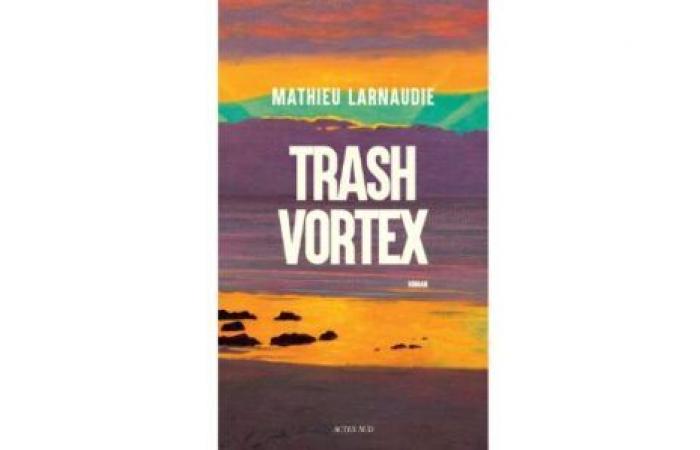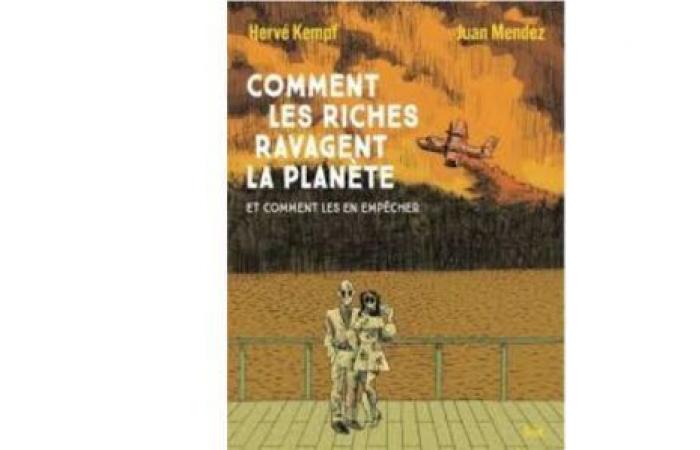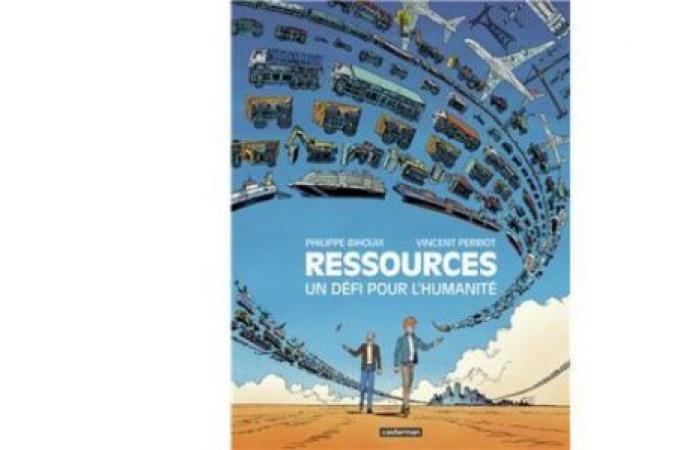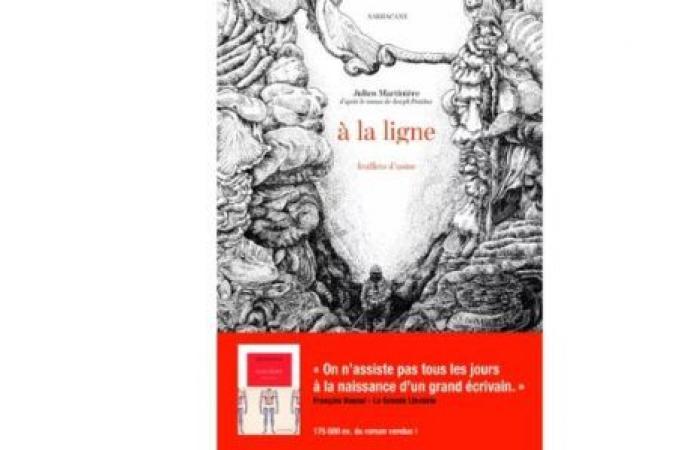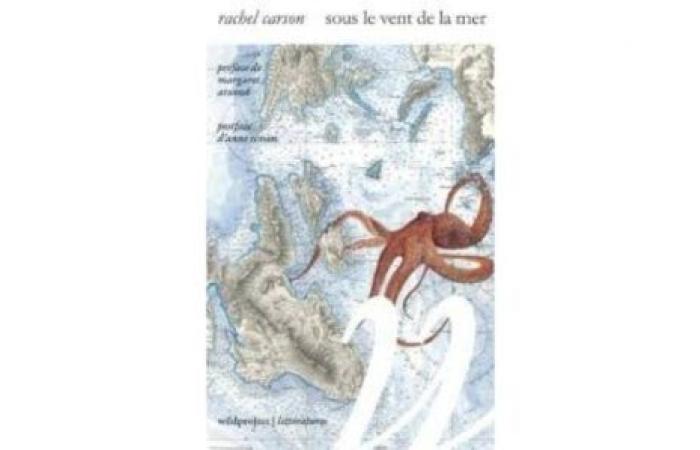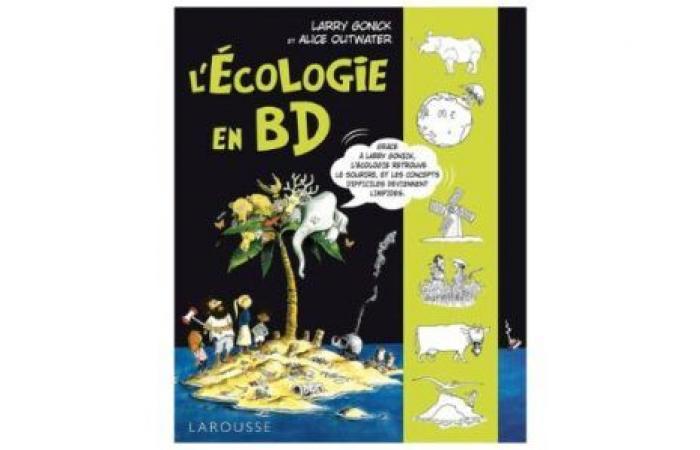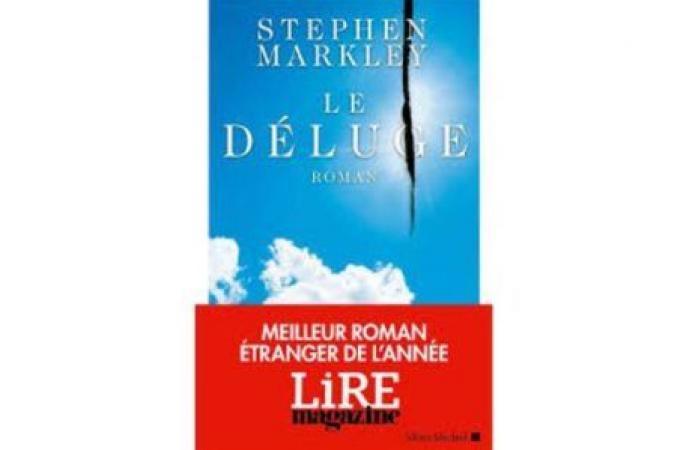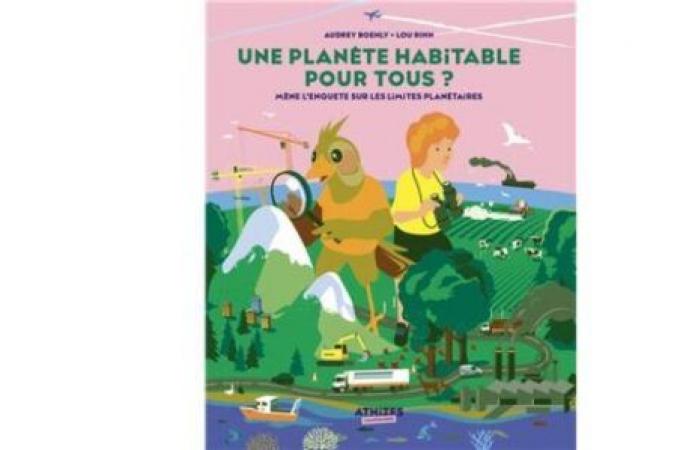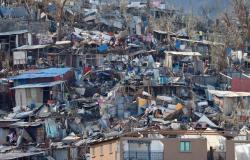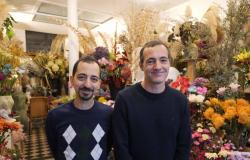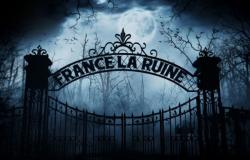The end-of-year holidays are also a time to take a step back from the past year and our relationship with the world. Youmatter has put together a small selection of beautiful books for you to slip under the tree to reflect between two New Year’s Eves!
The forgotten history of land consolidation
It is impossible to understand the agricultural crisis if we do not have in mind land consolidation, this land operation which took place during the 20th century and which profoundly reshaped French agriculture, landscapes and society. Carried out at full speed and without any real consideration of the farmers who opposed it under the fallacious argument of progress, this government operation carried out with the support of the ancestor of the FNSEA enabled the mechanization of agriculture and the advent of its intensive development but at what cost?
Journalist Inès Léraud, who had already distinguished herself with her investigation into green algae, once again provides an essential behind-the-scenes look at the transformation of agriculture and its social and environmental consequences. His work, illustrated by Pierre Van Hove, gains depth thanks to his collaboration with sociology researcher Léandre Mandard. To offer without moderation!
Battlefields, Inès Léraud and Peter Van Hove, Delcourt (La Revue Dessinée Delcourt), November 2024, 192 pages, €23.75
Denise or the end of a world
We stay in the countryside but this time we follow the story of Denise, a 96-year-old from Auvergne, told by the ecologist, ornithologist and writer Philippe J.Dubois. All her life, Denise remained in her native region. But if she has not moved, nor fundamentally changed her way of living, very sober, around her, the landscapes and the way of life have been turned upside down.
Between documentary, essay and auto-fiction, Philippe J.Dubois leads us to reflect on the major developments that we have experienced over the past century, particularly at the agricultural level. In a world where we oscillate between ecological amnesia, solastalgia and eco-anxiety, Denise is a necessary benchmark to remind us of what life was like in the countryside, its slowness and its beauty. And makes us want to follow in these footsteps to move towards more sobriety and benevolence towards a nature that we have trashed.
Denise or the end of a world, Philippe J.Dubois, Delachaux and Niestlé, September 2024, 128 pages, 12.90 euros.
Trash Vortex or the disillusioned story of our times
In her castle, “La” Valier, an heiress to a great industrial empire in the twilight of her life, soliloquizes (often in the presence of her henchmen) on the end of the world. Between her apocalyptic premonitions, she sets in motion a foundation responsible for cleaning the oceans. A great initiative which in reality hides much less laudable intentions.
In this novel full of flowing sentences, the ultra-rich seem to float in a world that has become a whirlwind. But make no mistake, if even they seem to be losing their footing in the face of the loss of meaning of a system gone mad, they also hope that their power accumulated by their financial capital will save them from collapse. But is it so sure? Under the guise of a fiction resembling a disaster film, Mathieu Larnaudie has concocted for us a dense and deep story, chiseled with scathing humor and peppered with references to the real world… a world which seems more and more to resemble a bad series B.

Trash Vortex, Mathieu Larnaudie, Actes Sud, September 2024, 436 pages, 23 euros
17 years after publishing How the rich are destroying the planet, the journalist and director of Reporterre persists and signs: if the ecological catastrophe is growing while inequalities are increasing, it is largely because of the ultra-rich. In France, they represent some 6,500 people (0.01% of the population), worldwide, some 80,000 people. But they are also much more emitters of greenhouse gases and polluters than the vast majority of the population. Above all, they have become a model of consumption, in the logic of “ostentatious rivalry” highlighted in the 19th century by the American economist Thorstein Veblen. By wanting to “do like” the ultra-rich, we overconsume and waste…to the detriment of the planet and the living world.
A documented and educational lesson which allows us to link two subjects that are too often dissociated: the ecological crisis and the social crisis. And for those who fear a bout of depression while reading, Hervé Kempf reminds us that it can end well… as long as you want it!

How the rich are ravaging the planet, Hervé Kempf and Juan Mendez, Seuil (BD), September 2024, 128 pages, 20 euros.
The underside of the “enchanted parenthesis of abundance”
What are we playing with our resources, which we know are far from infinite? For Philippe Bihouix, engineer specializing in mineral resources and promoter of low-tech : “each time we produce a smartphone we do it at the cost of a reduction in equipment for dentists in the year 2200”. He explains why in a relentless demonstration under the pretext of a conversation with the comic book author Vincent Perriot, who is immersed in the culture of science fiction and the cult of technical progress. We confront the dreams and myths conveyed by our consumerist society or liberal and crescentist dogmas with the raw reality of the facts, with many references and returns in time.
By following the framework of the dialogue between the (false) naive and the (true) visionary expert, Ressources uses the proven recipe of the comic book Un monde sans fin by Jean-Marc Jancovici and Christophe Blain. As dense in its contributions, Ressources is an excellent complement. We agree all the more that the comic book is not limited to observations but offers possible solutions, technical with low tech but also behavioral. What if for the year 2025, we resolved to be a “wiser” civilization, that is to say, more economical with our precious resources?

Resources, a challenge for humanity, Philippe Bihouix and Vincent Periot, Casterman, October 2024, 176 pages, 28 euros.
When work eats the brain
Here, all the senses of Joseph, a temporary worker, are abandoned and disappear. Strolling between a fish factory and a Breton slaughterhouse, Joseph daily experiences the smell of disembowelled carcasses mixing with the sweat of the workers. The cold penetrates the flesh. The heat is suffocating there. The work there is mechanical, continuous, alienating. The muscle pains wake up one day, then the dark thoughts arrive, and finally they never leave them. Reality is distorted, the blood, the guts and the remains of the animals he cuts up accompany Joseph home, even in his dreams. And he can’t escape it. Joseph is one of those precarious people at the bottom of the social ladder. A “pro” that no one really considers, but who nevertheless keeps the big machine running. This global market which feeds the richest, while he remains alone with his problems.
On the line is originally an autofiction published in 2019 by Joseph Ponthus (1978 – 2021), a pseudonym, French writer who died in 2021 at the age of 42 from cancer. After several years of work in the Paris region, Joseph moved to Lorient where he joined a temp agency which took him to a fish cannery and a slaughterhouse. When Joseph Ponthus recounted this alienating experience in words, Julien Martinière, designer and screenwriter, today undertakes to put it into images in an eponymous comic book published by Sarbacane. If the political dimension seems to be less represented than in the book, Julien Martinière succeeds in drawing the heart of the agri-food factories, almost unreal, oppressive, uncomfortable, which crushes bodies as much as minds.

On the line, Julien Martinière based on the novel by Joseph Ponthus, Sarbacane, October 2024, 208 pages, 25 euros.
The sea, told by the beings who inhabit it
What does our ocean look like? Under the wind of the sea takes us on a fascinating journey through the lives of sea creatures, presented in three parts. Rachel Carson, marine biologist, tells in a poetic text the intertwined stories of three main characters from the marine expanses of our planet. Through these stories, Carson leads us to better understand these species, their migratory journeys and their struggles to survive. She captures and draws in her work this little-known and poorly understood immensity that is the oceans and seas of the globe. Under the wind of the sea is the first work written by marine biologist Rachel Carson (1907-1964), and will be followed by This sea that surrounds us et Where the sea ends. American writer, recognized as one of the founding figures of the modern environmental movement, Rachel Carson worked for the US Fish and Wildlife Service, an American agency, where she developed her love for scientific writing. In 1962, Carson published Silent Spring (Ed. Wildproject)an important book of environmental history that highlights the dangers of synthetic pesticides, including DDT. She exposes their destructive effects on ecosystems and their impact on human health. This book, based on rigorous research, sparked a global debate on the use of chemicals in agriculture. Considered a turning point in environmental awareness, Silent Spring led to important reforms, including the banning of DDT in several countries, and largely contributed to the creation of the United States Environmental Protection Agency (EPA).

Under the Wind of the Sea, Rachel Carson, (Preface by Margaret Atwood, Afterword by Anne Simon), translation Pierre de Lanux, Wild, October 2024, 250 pages, 20 euros.
Ecology explained in comics
Do you have some vague memories of your SVT courses and you want to refresh your skills to better understand the ecological challenge we have to overcome? Alice Outwater, environmental engineer, explains everything to you educationally thanks to the drawings of Larry Gonick, scientist and comic book author, specialist in popularizing science.
With welcome humor, the authors explain the cycles of water, carbon, phosphorus, food chains and the interactions between biotopes. But also how our human species has upset this entire balance in a few centuries with its unsustainable development. A book to read (and reread) from 7 to 77 years old.

Ecology in comics, Larry Gonick and Alice Outwater, Larousse, September 2024, 217 pages, 19.95 euros.
After us, the flood
Author of a shocking book on climate change, Tony Pietrus receives death threats. Provocation, hoax, warning? The scientist, who prophesied the coming chaos, encounters denial. He witnesses (and we with him), helplessly, the destruction of the planet from 2013 to 2040. From supertyphoons to megafires, from anti-ecological conspiracy to surveillance capitalism, catastrophes and violence are pushing humanity to the brink of the abyss.
Between Don’t Look Up, The Ministry of the Future and Exodus, The Flood is the novel to read to understand the future of the world as it mixes genres and references. And it is unfortunately it is very dark. Particularly dense (more than 1000 pages), Le Temps sees it as a “monumental and exceptional choral novel about a drowning world”.

The Flood, Stephen Markley, translation Charles Recoursé, Albin Michel, August 2024, 24.90 euros
A child-level investigation into planetary boundaries
From how many cut forests are animals in danger? How many chemicals can the planet tolerate? An international team of researchers answered all these questions! But to discover the answers and know how to protect the planet and the living beings that populate it, you will have to carry out the investigation, accompanied by Camille and Loulou.
An investigative book to discover ecology written by science journalist Audrey Boehly who had already amazed us with her podcast Dernieres Limites and the beautiful graphic universe of Lou Rihn. We love it!

A habitable planet for all? : Leads the investigation into planetary boundaries, Audrey Boehly and Lou Rihn, September 2024, Athize To understand18,50 €
Illustration : Canva



